Sabeer Bhatia, the Indian-American entrepreneur best known for co-founding Hotmail, recently made headlines for his strong criticism of India’s digital identity and payment systems, Aadhaar and UPI, during a podcast interview. His comments have sparked debate about the cost, technology choices, and effectiveness of these massive government projects.
Who is Sabeer Bhatia?
Sabeer Bhatia was born in Chandigarh, India, in 1968. His father was an army officer and his mother worked at the Central Bank of India. After studying at BITS Pilani, he transferred to the California Institute of Technology and later earned a master’s degree in electrical engineering from Stanford University.
Bhatia’s big break came in 1996 when he co-founded Hotmail with Jack Smith. Hotmail was the first free, web-based email service, allowing users to access their inbox from any computer. The idea was revolutionary at the time and quickly gained millions of users. In 1997, Bhatia sold Hotmail to Microsoft for $400 million, making him one of the most successful Indian entrepreneurs in Silicon Valley.
After Hotmail, Bhatia started several other ventures, including Arzoo.com, JaxtrSMS, and ShowReel. While none matched Hotmail’s success, he remains a respected voice in the tech industry and has received numerous awards, including being named by TIME as one of the “People to Watch” in international business.
Bhatia’s Criticism of Aadhaar
On the podcast ‘Prakhar Ke Pravachan,’ Bhatia called the Aadhaar project “unnecessarily expensive,” saying, “It’s like $1.3 billion ill-spent.” According to him, the system could have been built for under $20 million using existing technologies such as video and voiceprint recognition, which are already available on smartphones.
Bhatia argued that the people behind Aadhaar “are not technologists,” claiming, “They have never coded in their lives. That’s why this problem exists. I know, I have built stuff with my own hands and I know what technology should be used for what purpose.” He believes that using voice and video prints as unique identifiers would have been a more cost-effective and efficient solution, especially for use cases like airport security, where a simple check could verify a person’s identity without the need for physical cards.
He also pointed out that the biometric data collected for Aadhaar, such as fingerprints and iris scans, is not being fully utilized, further questioning the value of the investment.
Views on UPI
When asked about the Unified Payments Interface (UPI), India’s popular digital payments platform, Bhatia was dismissive. He compared UPI to Venmo, a peer-to-peer payment app in the US, and said, “To say that UPI is the greatest thing since sliced bread is the greatest joke ever told.” He downplayed UPI’s uniqueness, suggesting it is not as innovative as some claim.
No Intention to Offend, But Calls for Better Use of Technology
Bhatia clarified that his comments were not meant to offend anyone but to highlight what he sees as inefficiencies and poor use of resources. “It’s not my intention to anger anyone, but I would humbly like to state that they should use their brains. This is money ill spent. $1.3 billion! Are you kidding me?” he said.
ALSO READ : Rebelling with Purpose: Why OutspireX is Leading with Marketing, Not Cutting It









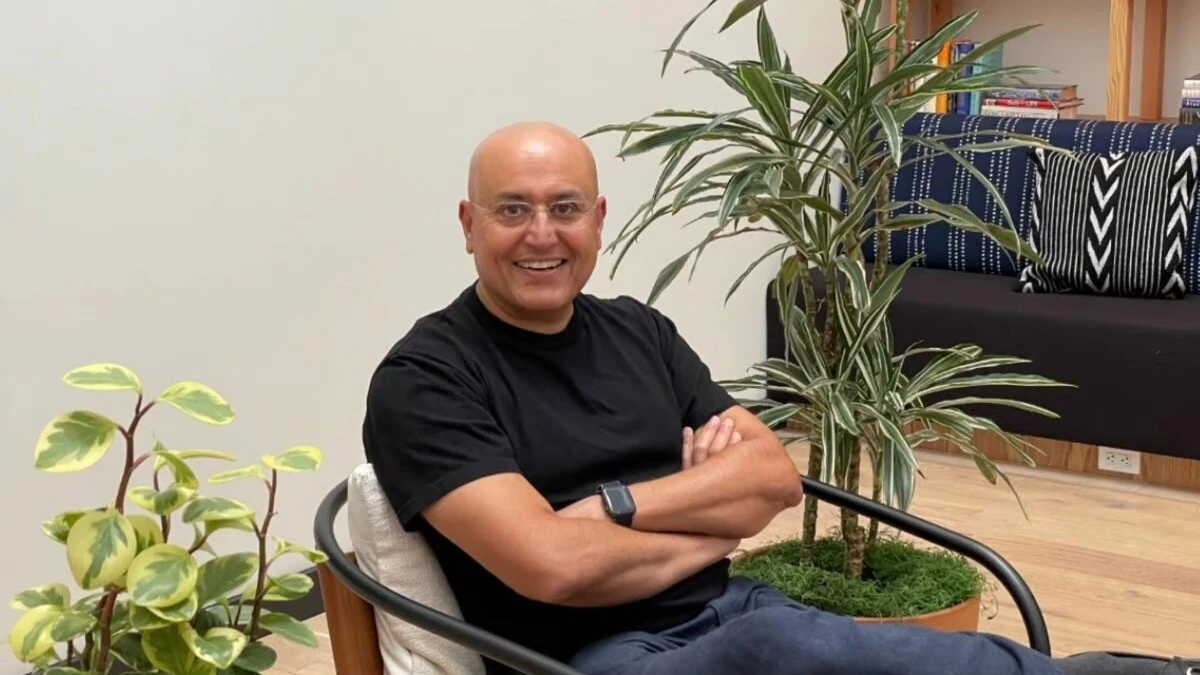
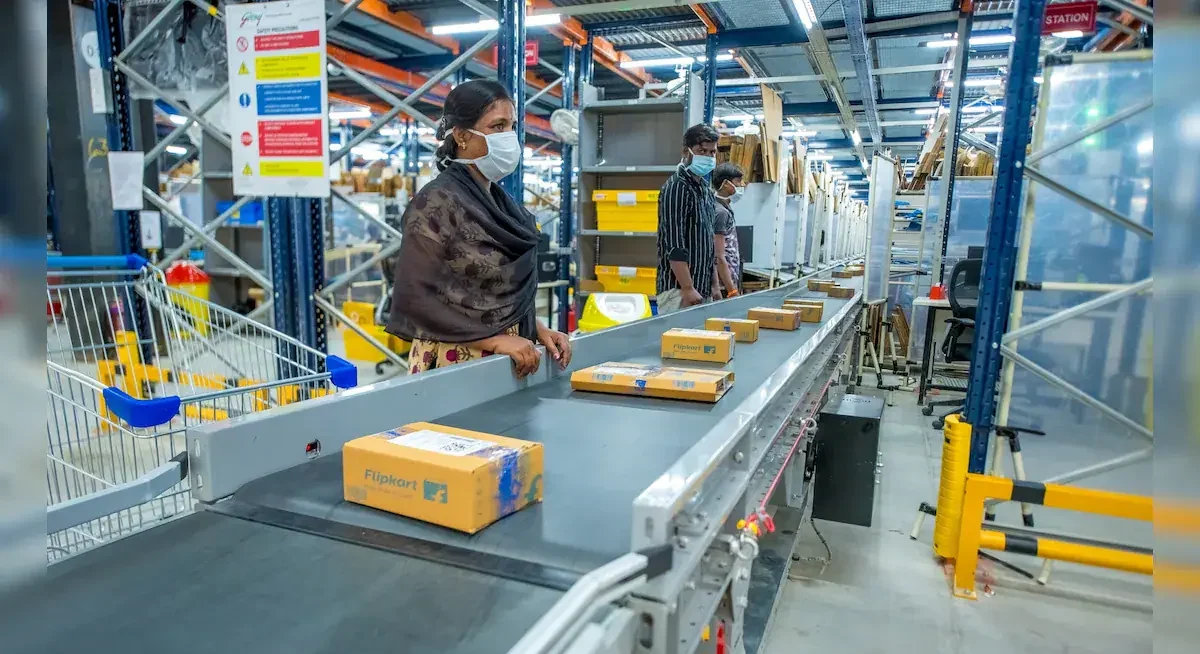
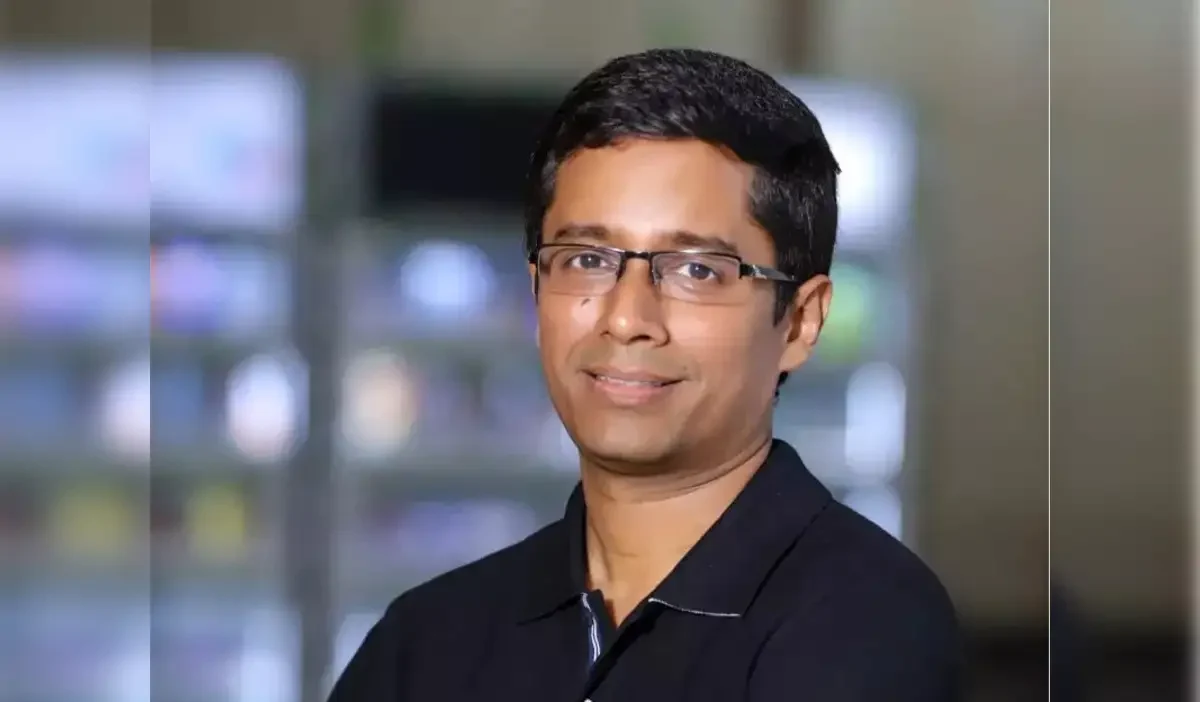


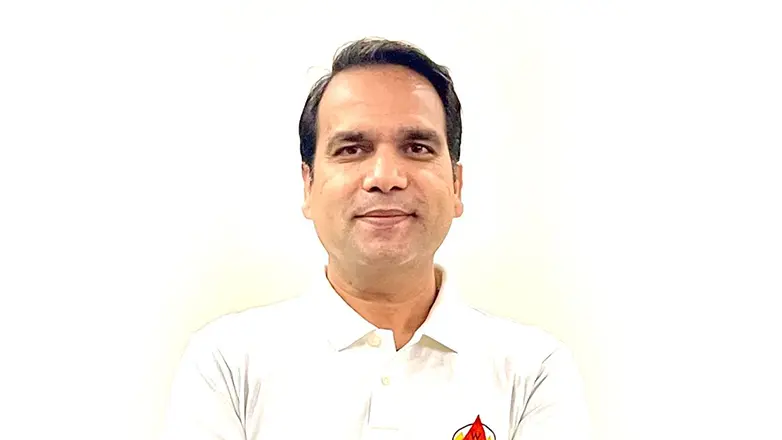
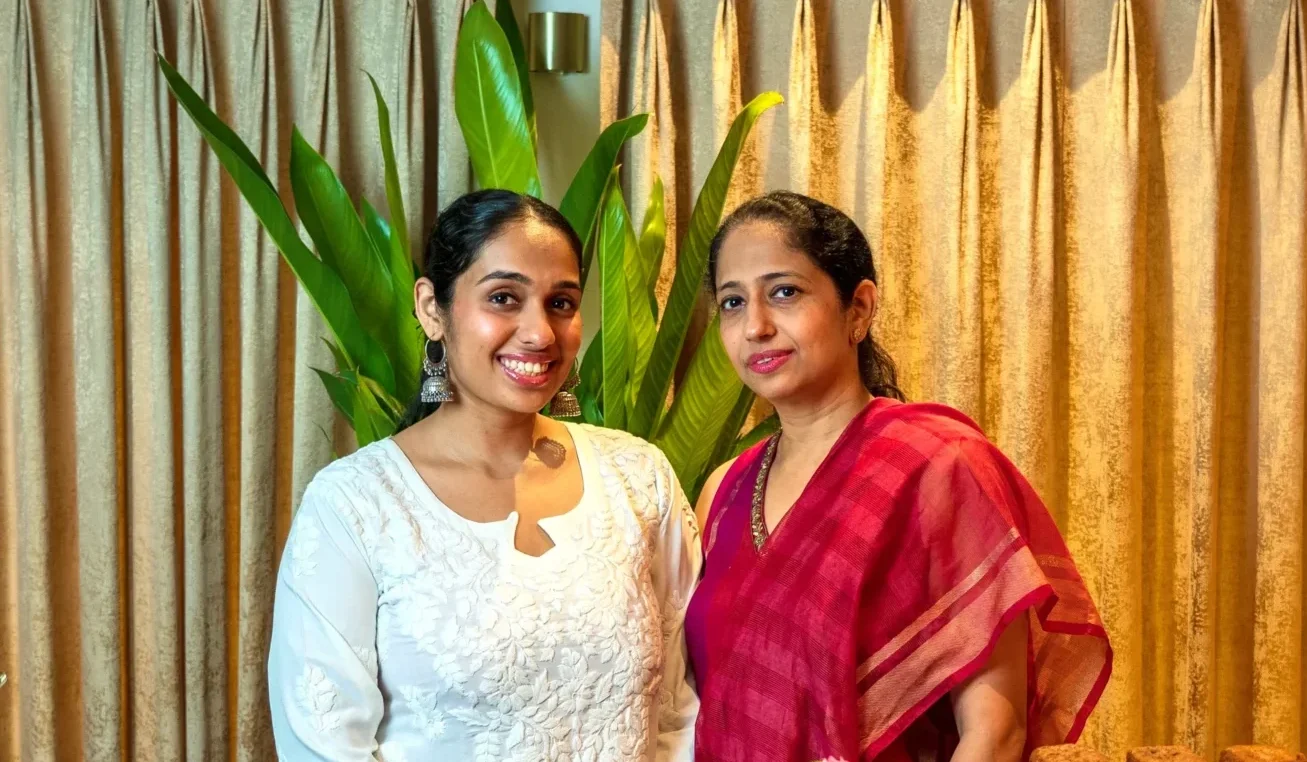
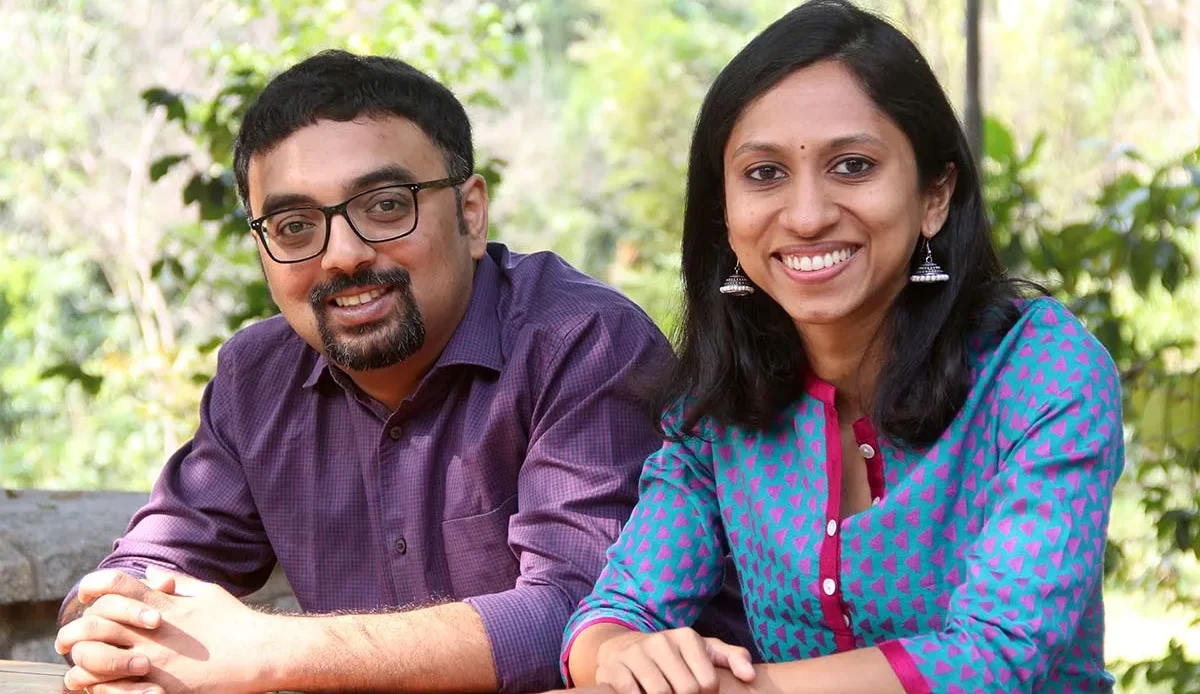
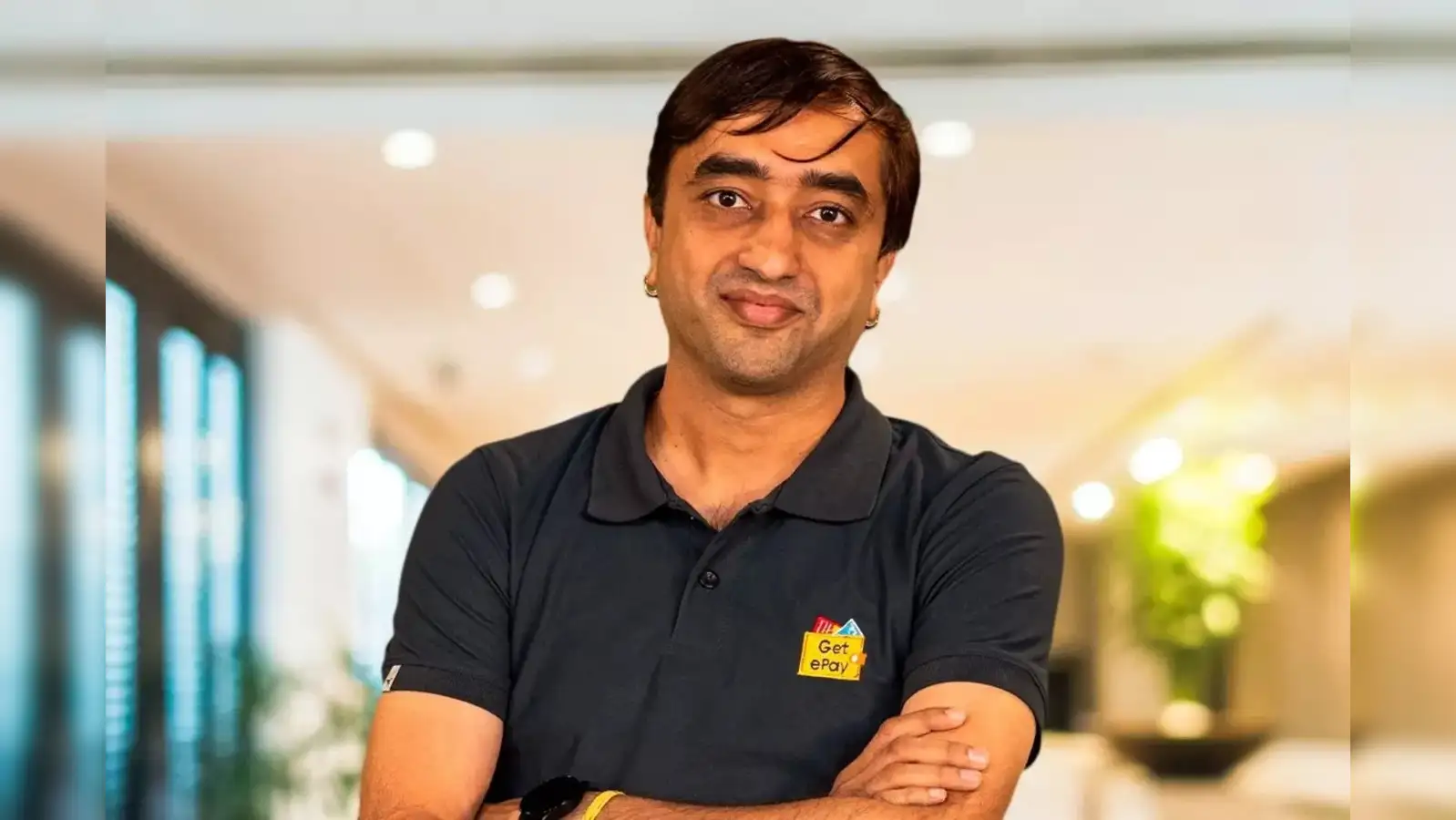
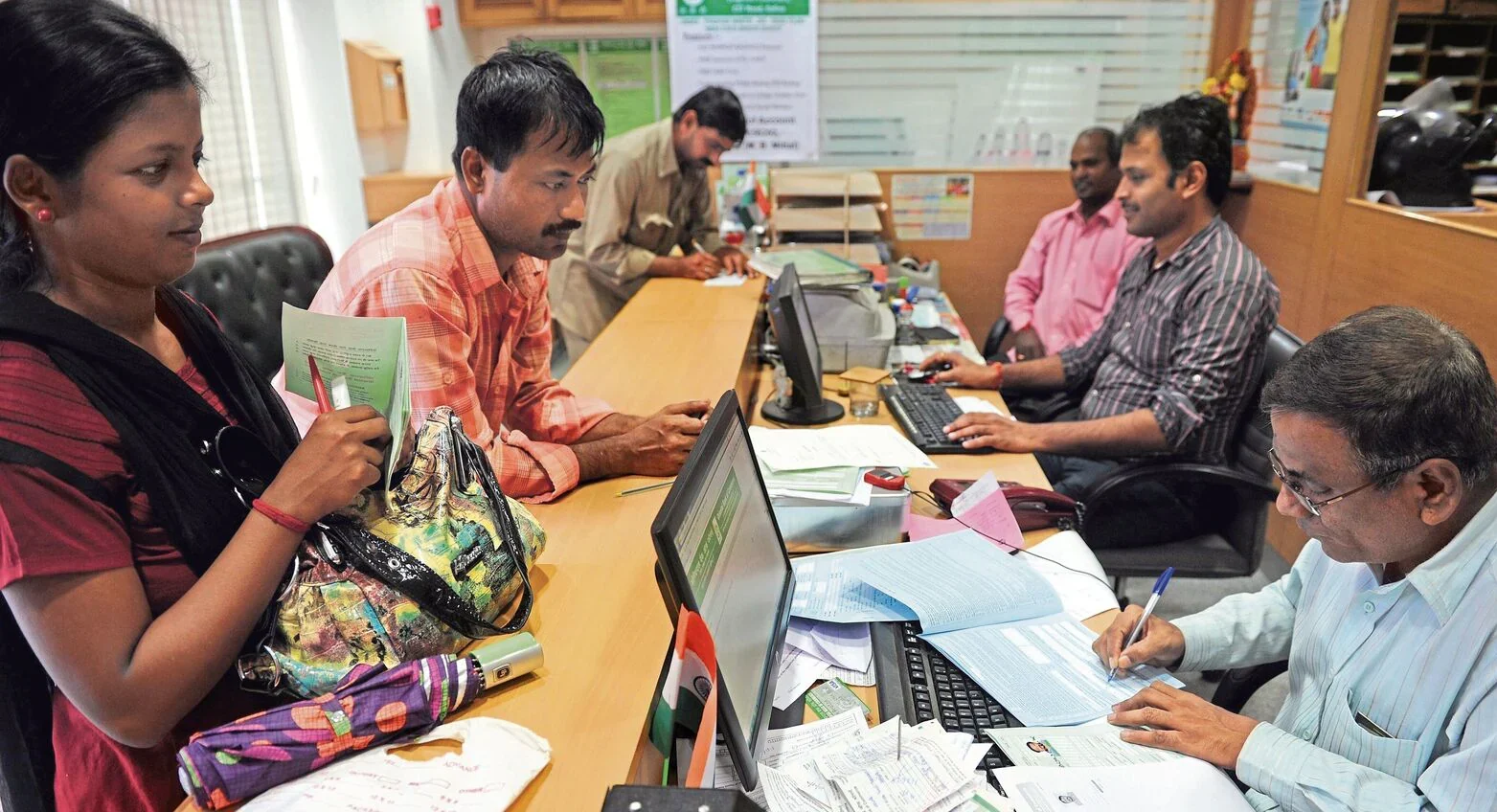

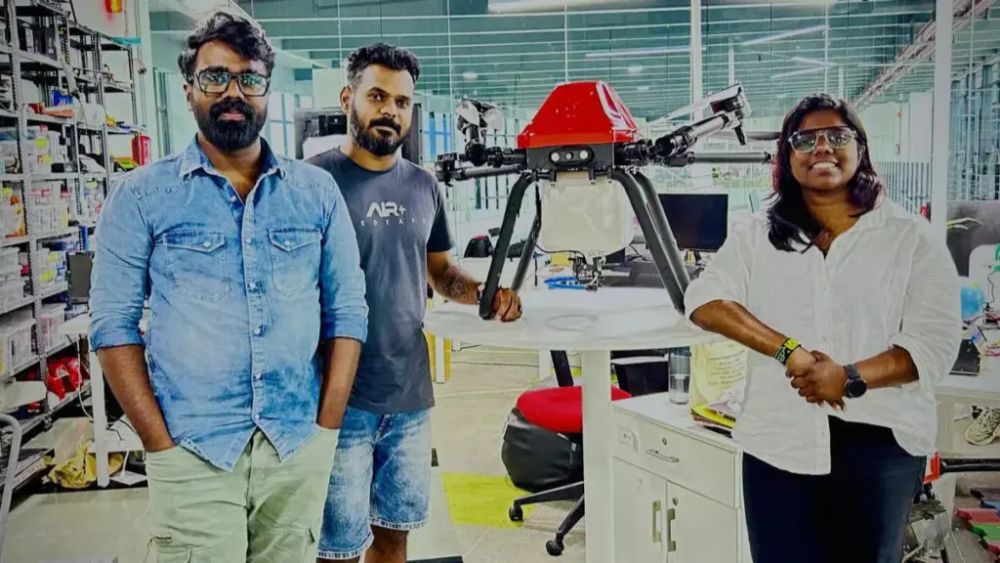
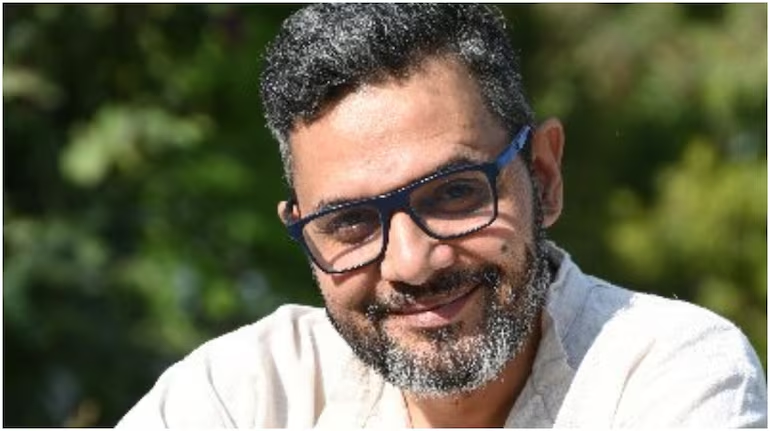

Narasimha
Bhatia missed the tech boom in India hence sour grapes.
India is better off without half educated guys like Bhatia.
Bhatia, India is doing fine whether you like it or not.
You are a failed techno entrepreneur.